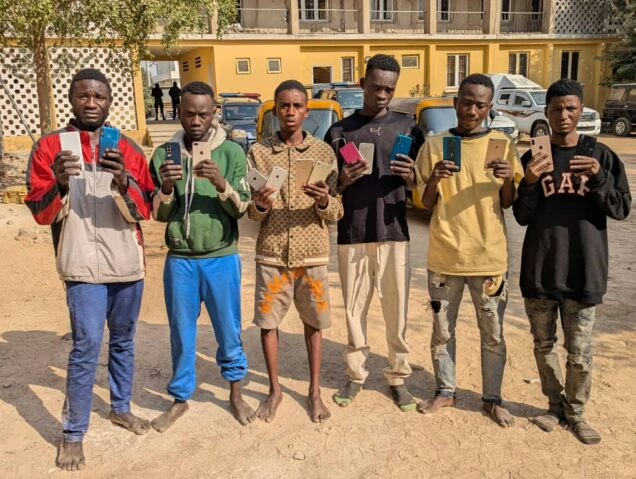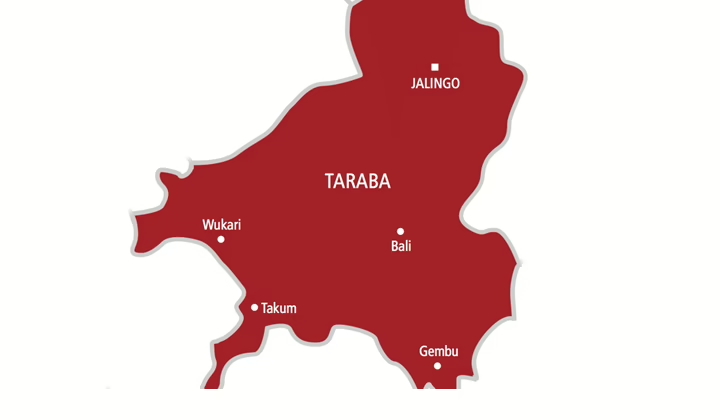This discourse reviews the health proposals in the 2024 federal budget and how they facilitate the realisation of the highest attainable state of physical and mental health for all citizens and residents of Nigeria. The total sum allocated to the Federal Ministry of Health out of the overall expenditure of N27.503tn is N1.228tn inclusive of the N12.737bn provided for the Basic Health Care Provision Fund. This is 4.47 per cent of the proposed budget expenditure. This is slightly less than one-third of the 15 per cent Abuja Declaration commitment.
However, there are other provisions related to health in the budget vis, provisions for the National Health Insurance Scheme fund of MDAs (N120.096bn), NHIS for Military Retirees (N4.025bn), NHIS for Corps Members (N5bn), Counterpart Funding including Global Fund/Health (N7.416bn), GAVI/Immunisation Counterpart Funding (N137.210bn), Presidential Committee on Health Sector Reform (N500bn), and another Presidential Committee on Health Sector Reform (N500bn). These add up to an extra N274.749bn. This increases the health vote to N1.502tn being 5.46 per cent of the proposed overall expenditure. This is just 36.43 per cent of the Abuja Declaration. Fifteen per cent of the overall budget vote would have amounted to N4.125tn. The extant health vote leaves a funding gap of N2.622tn.
For a population of 220 million people, the federal allocation amounts to N6,831 for every citizen of Nigeria. In United States dollar terms, the allocation translates to $2.003bn at N750 for $1. This allocation is against the background of Nigeria’s 70 per cent out-of-pocket health expenditure. Nigeria’s challenging macroeconomic indicators; inflation rate of 28.2 per cent year on year, actual exchange rate of about N800 to $1, and population growth which is equal to the economic growth rate, raise questions on the sufficiency of this level of funding. The 2023 federal health budget was in the sum of N1.268tn; converted to the dollar at the official exchange rate of N435.57 to $1 amounts to $2.911bn. Essentially, the actual value of the 2024 proposal is less than the 2023 vote. Furthermore, in the spirit of the law, plan, policy and budget continuum, the allocation seems insufficient to meet Nigeria’s Universal Health Coverage framework implementation.
There are issues arising out of the allocations. The first is that in the ministry’s total capital vote of N434.785bn, the sum of N218.689bn is reserved and programmed for the ministry’s headquarters. This is 50.30 per cent of the entire capital vote. However, the headquarters’ share of the entire health vote is 18.5 per cent. This is the over-centralisation of resources for capital expenditure at the headquarters. The second is that there is an allocation of a huge sum of N57.392bn without details. This opacity is usually the foundation for the absence of value for money, creating opportunities for the mismanagement of funds. This sum of money is for a new project titled, “Immunisation plus and malaria progress by accelerating coverage and transforming services (impact)–immunisation (multilateral/bilateral project tied loan).” Considering the huge sum of N57.392bn, it would have been better to provide a little more detail. This practice of bulk capital votes without details was observed in some other projects. The third is for recurrent expenditure, the proposal is 97.3 per cent for personnel and 2.7 per cent for overheads. However, there is a challenge with this scenario. This recurrent mix of personnel and overheads cannot facilitate functional health institutions that would deliver effective service when the overhead costs are simply not provided for. Overheads are needed to facilitate service delivery in health institutions.
There are critical, new and important provisions for special intervention for the revitalisation of primary health care centres, refurbishing, basic equipment and boreholes; providing solar energy for PHCs and integrating diabetes care into primary health care, etc. However, the allocation of N63.967bn given to the NPHCDA may not meet PHC needs, considering the birth rate and that the PHC is part of the minimum core content of the right to health as well as the minimum core obligation of the state under article 2 (1) of the International Covenant on Economic, Social and Cultural Rights ratified by and applicable to Nigeria.
Furthermore, this minimum core obligation of the state includes issues of maternal and child health which is a component of the most fundamental of the fundamental rights – the right to life, being the fulcrum upon which other rights revolve. PHC is the first level of contact for citizens and the community within the national healthcare system. It focuses on the primary health problems in the community, providing preventive, curative, rehabilitative and promotional health services. It engages the broad determinants of health through a multi-sector/stakeholder approach anchored on the understanding of the complex interplay of factors that lead to improved health.
There are concerns about the one per cent Consolidated Revenue Fund for BHCPF in the 2024 Federal Government budget proposal. The N125.737bn provided for the BHCPF was included in the vote of the Ministry of Health, as well as in statutory transfers. This amounts to double counting. The National Health Act anticipates that the BHCPF should be a statutory transfer. If it is retained under the Ministry of Health, this poses a challenge because section 28 of the Fiscal Responsibility Act stipulates as follows regarding the duties of the Minister of Finance on budgetary matters: “Where, by the end of three months, after the enactment of the Appropriation Act, the minister determines that the targeted revenues may be insufficient to fund the heads of the expenditure in the Appropriation Act, the minister shall, within the next 30 days of such determination, take appropriate measures to restrict further commitments and financial operations according to the criteria set in the Fiscal Risk Appendix- such provisions shall not apply to statutory or constitutional expenditure.” The above implies that if there is a paucity of resources for budget implementation, the vote provided for the BHCPF would be subject to budget cuts alongside other budget lines that are not statutory transfers. This is very likely to happen considering the huge deficit financing of the 2024 budget. The second challenge associated with the allocation is that Section 11 of the National Health Act did not provide that the BHCPF must get only one per cent of the CRF. It merely states that it must not be less than one per cent. Thus, one per cent is the minimum threshold and not the maximum. Since inception, the BHCPF has not received more than one per cent allocation. This should not be the case. Beefing up the vote for the BHCPF is imperative because of its knock-on effect on access to primary health care.
The proposals made some key provisions related to critical sections of the NHA 2014. The votes for the National Health Management Information system totalling N73m need to be increased for the system to become effective. Also, the vote for evaluation and implementation of standards at N50m will be inadequate for the task. Also, N12m will be grossly inadequate for research, report writing, publication and dissemination of the annual State of Health of Nigerians Report while N10m will also be inadequate for the development of the health sector medium-term expenditure framework. Conspicuously missing from the MTEF is the Human Resource Plan which by law accompanies the spending plan. This should get a vote in the budget. The votes to the National Health Research Committee and the National Health Research Ethics Committee are votes in the right direction. They are new and seek to activate the relevant sections of the NHA.











